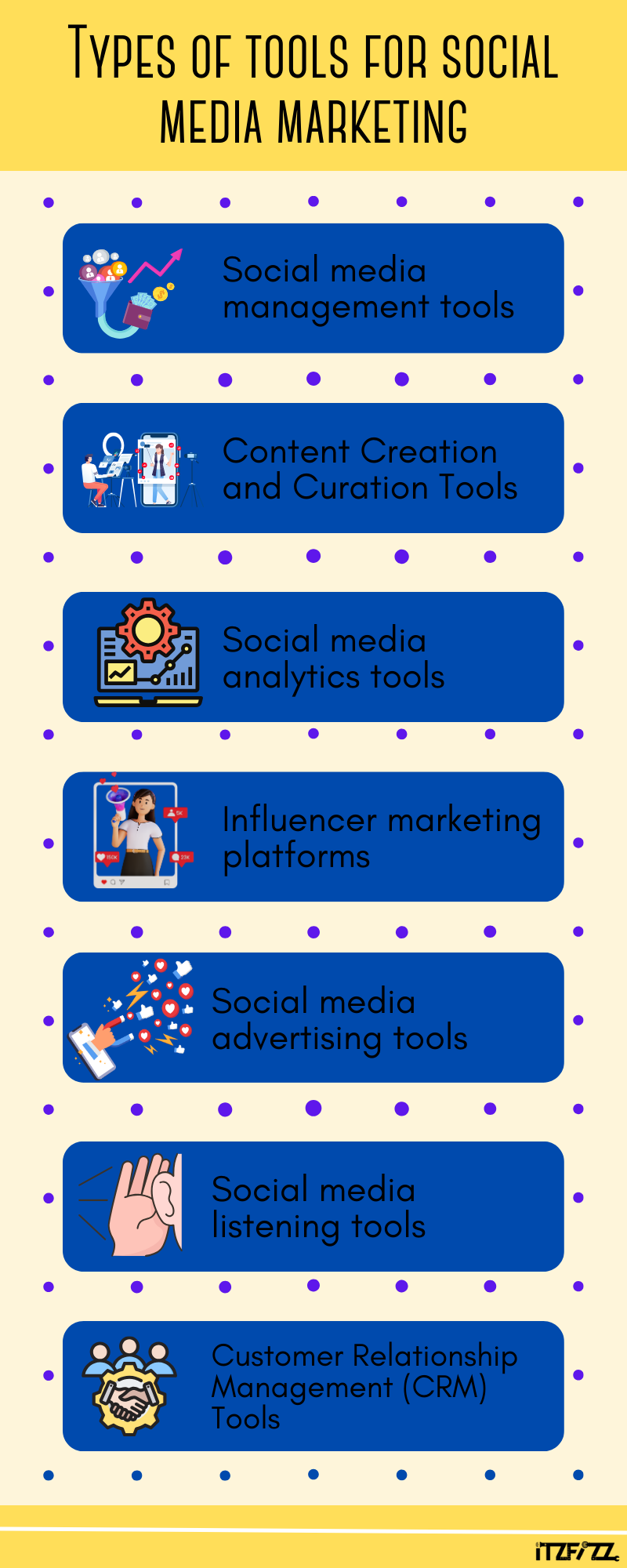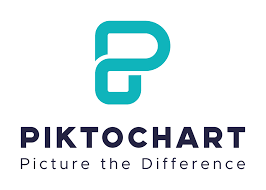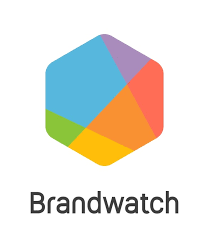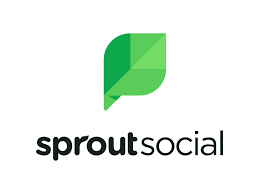What are social media marketing tools?
In modern marketing, leveraging social media platforms is essential for businesses looking to thrive in the digital age. Social media marketing tools play an important role in navigating the dynamic realms of digital marketing, providing a strategic advantage in reaching and engaging with the intended audience.
In this comprehensive guide, we will look at the definition, purpose, and numerous benefits of these tools, shedding light on their importance in modern marketing. Tools for social media marketing play an important role in the vast world of digital marketing.
These adaptable apps streamline processes, maximise advertising, and offer priceless insights. These are invaluable assets for navigating the complexities of various social media platforms, resulting in a seamless and effective strategy. By adding these Google marketing tools to your arsenal, you can increase efficiency and gain a competitive advantage in the ever-changing digital landscape.
Benefits of Social Media Marketing Tools
Many benefits come with social media marketing tools, which help companies deal with the challenges of digital marketing. Here are the primary benefits in more detail:
- Streamlining Content Creation and Design: Content Creators: Social Media Marketing Tools empower content creators with efficient platforms like Canva, Adobe Spark, and Piktochart.
– Crafting engaging visuals and multimedia elements for social media campaigns becomes seamless, enhancing the overall user experience. - Enhancing Social Listening and Monitoring: Tools such as Brandwatch, Mention, and Sprout Social have become invaluable for tracking social interactions.
– Monitoring brand mentions, sentiment analysis, and competitor tracking are vital components of a robust social media marketing strategy. - Measuring and Optimising with Analytics Tools:
Utilise powerful, detailed analytics tools like Google Analytics, Sprout Social, and Buffer Analyse to measure social media performance.
– Track engagement rates, understand user behaviour, and optimise strategies based on data-driven insights. - Expanding Reach through Influencer: Marketing Platforms
leverage platforms like Influencity, AspireIQ, and Upfluence to identify and collaborate with influencers. Influencer marketing becomes a powerful tool for expanding reach and driving social engagement. - Harnessing the Power of Hashtags with Research Tools: Discover trending hashtags and optimise content visibility using tools like Hashtagify, RiteTag, and Trendsmap. Integrating strategic hashtags becomes a cornerstone of an effective social media marketing strategy.
Simplifying Tasks with Automation Tools
Automate repetitive tasks with tools like IFTTT and Zapier, freeing up time for strategic planning.
– Enhance efficiency and streamline your social media marketing efforts with the aid of SEO automation tools.
Key Features to Consider in Social Media Marketing Tools
A careful analysis of important features is necessary when selecting the best tools for social media marketing. Here’s a breakdown of the essential aspects to evaluate:
- Tailored for Single-User or Collaborative Efforts: Some AI tools for marketing cater to the needs of a single user, providing simplicity and focus. Others are designed for collaborative efforts, allowing seamless coordination across multiple team members managing social media profiles.
- Integration with Various Social Media Platforms: Effective tools should seamlessly integrate with diverse social media platforms. Ensuring compatibility with major social channels is crucial for a comprehensive and cohesive social media strategy.
- Streamlined Management of Social Media Profiles: Look for tools that offer an intuitive interface for managing social media profiles. Efficient handling of social media posts, scheduling, and engagement functionalities enhances the overall user experience.
- Robust Social Content Management: Evaluate social media management tools that facilitate the creation, scheduling, and analysis of social content. A well-rounded platform should cover the entire spectrum of social content management, from creation to performance analysis.
- Competitive Analysis Capabilities: Advanced tools often provide features for competitive analysis. Conducting a thorough competitive analysis directly within the social media management platform can inform and refine your social media marketing strategy.
- Blog Post Integration and Promotion: Integration with blog posts is crucial for a holistic digital marketing campaign.
Opt for tools that seamlessly integrate with blogging platforms, enabling efficient promotion across social channels.
To choose an efficient social media marketing strategy, compare the features of different tools to your unique requirements as you evaluate them.
Types of tools for social media marketing

There are many types of tools for social media marketing available, and each one has a specific function for companies looking to increase their online visibility. Customising a successful social media marketing plan requires an understanding of these categories. Here are some common categories:
- Social media management tools – These tools act as the backbone for businesses by efficiently managing their presence across multiple social media platforms. With features such as content scheduling, analytics, engagement, and monitoring, they provide a centralised hub for seamless social media management.
- Content Creation and Curation Tools – To create captivating social media posts, businesses turn to content creation and curation tools. This category includes graphic design tools, video editing software, and content amplification tools, that facilitate the creation of visually appealing and engaging content.
- Social media analytics tools – Gain comprehensive insights into social media performance through detailed analytics tools. Metrics like engagement, organic traffic, and audience demographics are dissected, helping businesses understand the effectiveness of their social media efforts and make data-driven decisions.
- Influencer marketing platforms – Connecting with relevant social media influencers is made seamless through influencer marketing platforms. These tools aid in identifying, managing, and collaborating with influencers, elevating brand visibility and credibility through sponsored content.
- Social media advertising tools – Platforms like Facebook Ads Manager, Twitter Ads, and LinkedIn Campaign Manager are indispensable for businesses running paid social media campaigns. These tools provide robust features for creating, managing, and optimising paid advertisements.
- Social media listening tools – Monitoring social media platforms for brand mentions, product discussions, or industry keywords is streamlined with social media listening tools. These tools enable businesses to understand and respond to conversations about their brand, fostering community engagement.
- Customer Relationship Management (CRM) Tools – Integrating with social media platforms, CRM systems manage interactions and data collection from social channels. This integration ensures a holistic approach to customer relationships, combining social insights with broader customer data.
Understanding these types of tools for social media marketing empowers businesses to select the right tools aligned with their marketing objectives on social media platforms.
Content Creation and Design Tools
Role of Content Creation Tools in Crafting and Engaging Social Media Content:
Content creation tools are the lifeblood of compelling social media posts. Graphic design tools, video editing software, and content curation platforms enable businesses to produce visually appealing and shareable content for their favourite blogs, social posts, and across various social networks.



Examples of tools such as Canva, Adobe Spark, and Piktochart:
Among the plethora of social media tools, Canva, Adobe Spark, and Piktochart stand out as favourites for content creation. These platforms empower social media managers to curate stunning visuals and graphics, ensuring that social accounts resonate with their audience.
Using These Resources to Produce Eye-Catching Images, Videos, and Infographics
It is possible to create captivating movies and infographics in addition to visually striking graphics with these tools because of their versatility. Companies can improve their social media strategy by regularly posting pertinent content on all of their social media platforms.
Social Listening and Monitoring Tools
Understanding the Importance of Social Listening for Audience Insights:
Social listening tools such as Brandwatch, Mention, and Sprout Social play a crucial role in understanding audience sentiments. Businesses can tailor their social strategy by gaining insights from conversations across social platforms, ensuring that their social media efforts align with audience expectations.



Examples of social listening tools and their features:
Brandwatch, Mention, and Sprout Social provide a single dashboard for comprehensive monitoring. This empowers the social media manager to oversee all social media channels, schedule posts, and utilise a social media scheduling tool for optimal efficiency.
These tools include sentiment analysis and competitor tracking, in addition to brand mention monitoring. Companies can improve their social media strategy by monitoring what their rivals are posting on social media and looking for ways to improve the social media marketing they are doing.
Analytics and Reporting Tools
The Significance of Analytics Tools for Measuring Social Media Performance
Performance analytics tools, including Google Analytics, Sprout Social, and Buffer Analyse, are essential for evaluating the success of social media efforts. They provide in-depth insights into engagement rates, website traffic, and the impact of scheduling posts.



Examples of Tools and Key Metrics Tracked
Google Analytics, Sprout Social, and Buffer Analyse and tracked key metrics such as user engagement, click-through rates, dwell time, and conversion rates. Businesses can tailor their social strategy based on these insights, ensuring that each social post contributes to overarching marketing goals.
Utilising these tools to track key metrics, measure ROI, and optimise strategies
Measuring return on investment (ROI) becomes seamless with these tools. By analysing the performance of social posts, businesses can optimise their strategies and enhance the effectiveness of their social media efforts.
Influencer Marketing Platforms
Exploring Influencer Marketing Tools for Identifying and Collaborating with Influencers: Influencer marketing has become a powerful tool for expanding reach and driving engagement. Platforms like Influencity, AspireIQ, and Upfluence connect businesses with influencers, allowing them to feature sponsored content on their social accounts.



Examples of platforms like Influencity, AspireIQ, and Upfluence
Influencity, AspireIQ, and Upfluence are preferred choices for businesses delving into influencer collaborations. These platforms facilitate seamless communication between businesses and influencers, ensuring that social posts align with the overall social strategy.
Leveraging Influencer Marketing for Expanding Reach and Driving Engagement
By incorporating influencer marketing into their social strategy, businesses can leverage the extensive reach of influencers. Sponsored content on social networks can enhance brand visibility, fostering meaningful engagement with a broader audience.
Hashtag Research Tools
The importance of hashtags in social media marketing:
Understanding the significance of hashtags is crucial for optimising social content visibility. Hashtag research tools such as Hashtagify, RiteTag, and Trendsmap aid businesses in discovering trending hashtags relevant to their social posts.



Examples of Hashtag Research Tools and Their Features
Hashtagify, RiteTag, and Trendsmap provide valuable insights into popular and trending hashtags. Businesses can tailor their social strategy by incorporating relevant hashtags into their social media efforts, ensuring increased discoverability.
Utilising These Tools for Discovering Trending Hashtags and Optimising Content Visibility
The strategic use of trending hashtags enhances the visibility of social posts. By incorporating keyword research tools into their social strategy, businesses can stay ahead of trends and amplify their presence across various social platforms.
Conclusion
In the dynamic world of social networks, the right social media tools can make all the difference for a social media marketer striving for success. These invaluable tools, ranging from content creation platforms like Canva and Adobe Spark to analytics powerhouses like Google Analytics and Sprout Social, form the backbone of a robust social media strategy.
A well-crafted social media calendar is the linchpin that ensures consistency and relevance across various social media channels. It serves as the guiding compass for a social media marketer, facilitating strategic scheduling of posts and providing a comprehensive overview of social media content.
The importance of micro-influencers in helping businesses navigate the constantly changing social media landscape cannot be overemphasised.
In conclusion, mastering the art of social media marketing requires not only an understanding of social networks but also a strategic utilisation of the right social media tools. As businesses continue to refine their social strategy, these tools become indispensable companions, guiding them towards heightened visibility, engagement, and success in the vast landscape of social media.
Frequently Asked Questions (FAQ) :
Because it directly affects customer interactions, audience engagement is crucial to social media marketing. Brand visibility and trust are increased when users actively interact with content. Increased conversion rates and loyalty result from this interaction, which shows sincere interest. In the end, it establishes a dynamic relationship between brands and their audience, cultivating a community in which relationships are fostered and feedback is valued, leading to long-term brand advocacy and company growth.
Comprehensive analytics are integrated into the perfect social campaign to monitor success and comprehend audience behaviour. Creating content, scheduling, and audience engagement are all made easier with an intuitive interface that simplifies management. Tailored reports offer specific insights that improve campaign accuracy and return on investment. With the help of these features, marketers can ensure that every campaign is optimised for maximum impact and results by making data-driven decisions, fine-tuning their strategies based on real-time performance metrics, and responding to changing market trends.
Real-time trends, competitor activity, and brand mentions are tracked by social media monitoring tools. They provide information about customer sentiment, which facilitates quick responses and problem-solving. Posting times that maximise audience engagement are optimised with unlimited scheduling. Businesses may keep ahead of the curve, proactively manage their online presence, and preserve a competitive edge in the ever-changing digital landscape by utilising these tools.
The best time to engage in social media activities depends on the behaviour of your audience. To post content when the audience is most engaged for maximum reach and interaction, monitoring tools assist in identifying peak activity periods. The best times to post depend on several factors, including time zone, industry, and platform demographics. Businesses can effectively engage with their target audience and optimise the impact of their content by strategically scheduling their social media activities through data analysis and the utilisation of insights obtained from monitoring tools.









